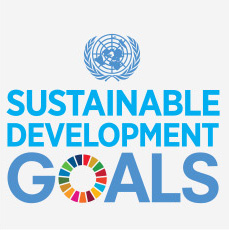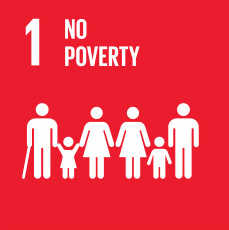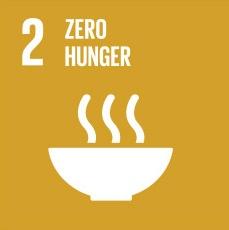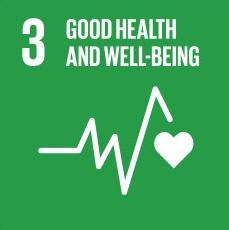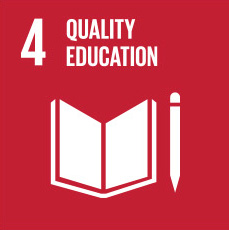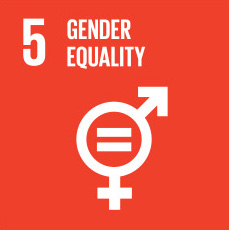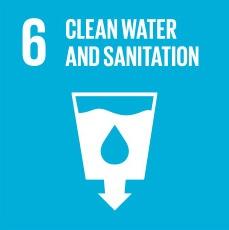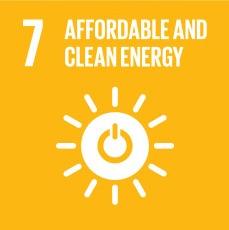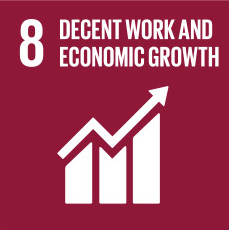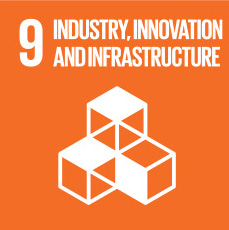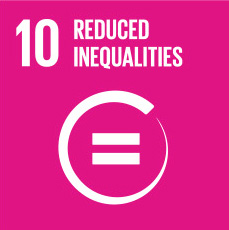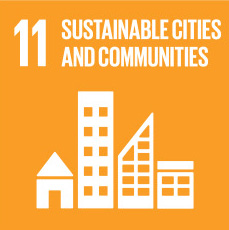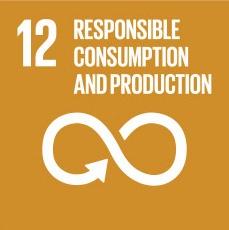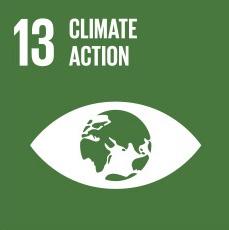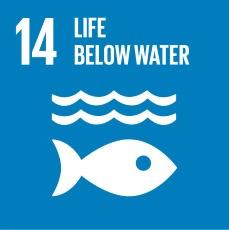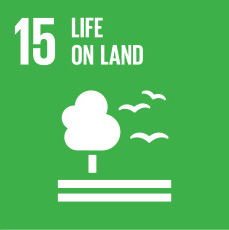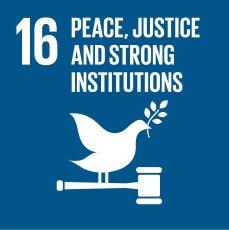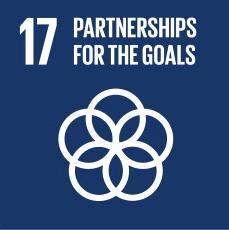Zero Tolerance for Corruption Campaign
The Zero Tolerance for Corruption Campaign (ZTFCC), which commenced in 2004, intends to build a strategic public-private coalition of public and private actors to combat corruption and promote public awareness of corruption at the national, regional and local levels. The Namibia Institute for Democracy (NID) leads and directs this effort, in collaboration with, notably, the Anti-Corruption Commission, the Office of the Prime Minister, the Law Reform and Development Commission, the Ombudsman and other public and private institutions and civic organisations.
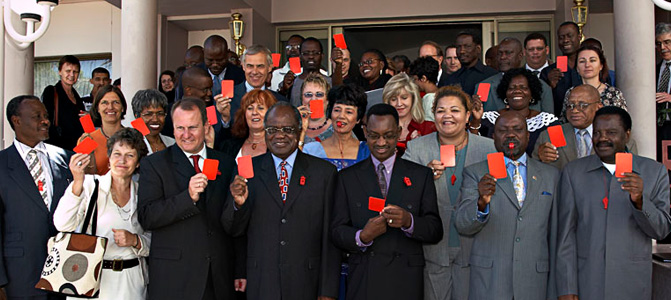 Zero Tolerance for Corruption Campaign Launch
Zero Tolerance for Corruption Campaign Launch
The goal of the programme is to reinforce Namibian efforts to arrest the growing trend of corruption in Namibia that is registered in the media and recognised by key stakeholders in Government, the private sector and civil society, and to maintain the currently still favourable reputation Namibia enjoys within the region and internationally with regard to transparency and integrity.
Specific objectives of the programme include:
- Enhancing public access to comprehensive, accurate, relevant and current information on corruption through surveys, opinion polls and media campaigns;
- Strengthening the capacity of institutions, organisations and bodies involved in coalitions and networks that address corruption-related issues and advocate for improved integrity systems at all levels;
- Stimulating the overall capacity and willingness of all Namibians to become involved as citizens to participate within collaborative structures with government and other civil society institutions to ensure transparent governance at all levels characterised by a superior level of integrity.
Gallery
The campaign is implemented on four main levels:
1. Technical Assistance to the Anti-Corruption Commission (ACC)
Namibia’s ACC has been established in terms of the Anti-Corruption Act in 2006. Headquartered in Windhoek, the ACC’s primary personnel consist of a Director, a Deputy-Director and ten investigators who are trained to investigate reported cases of corruption. The Commission, however, suffers from institutional deficiencies that may hamper the efficiency of their work. One of the major constraints is the central location of the Commission in Windhoek, with no regional offices. This hampers the reporting of corruption cases by rural people, who often don’t have the means to report a case to the ACC in Windhoek. While it would not be feasible to assist the ACC to set up regional offices, the ACC benefits from outreach programmes facilitated by the NID to bring the ACC’s investigators to the rural areas on a regular basis. Members of the public are able to report cases with investigators. The NID assists the investigators to conduct public meetings at various locations in every region for this purpose.
A current matter of concern is the absence of whistleblower protection in the anti-corruption legislation. The overall legal protection of whistleblowers currently is unclear, as there seems to be some form of informer protection contained in other pieces of legislation. In order to support the ACC to initiate the process of policymaking regarding whistleblower protection, the NID has commissioned a research paper by the Human Rights and Documentation Centre of the University of Namibia to investigate the current legal protection of informers/whistleblowers in Namibia, and to make recommendations on how this issue should be legislated in Namibia.
The NID, through the ZTFCC, also supports the ACC in activities related to the annual Anti-Corruption week that is held annually in December. The NID assisted the ACC in conducting a competition to design a logo for the ACC.
2. An institutional capacity building program for public institutions.
During 2011/12, a total of 18 training workshops on ethics and integrity were conducted with 7 ministries during which a total of 295 senior civil servants (193 male, 102 female) were trained. Through the OPM, a handbook on ethics for civil servants is currently being prepared.
3. Training of trainers workshops on anti-corruption for NGOs and CSOs.
During 2011/12 a total of 24 such workshops have been conducted throughout Namibia, in which 501 representatives from CSOs (273 male and 228 female) were trained in anti-corruption.
4. An awareness campaign through grassroots civic education workshops and the production and dissemination of multi-media products.
31 Interactive grassroots civic education workshops were conducted to communities throughout Namibia in 2011/12. A total of 963 persons (542 male, 421 female), consisting of community and traditional leaders, teachers and community members participated in these workshops. Printed educational materials were distributed, radio programmes on corruption broadcast on all language channels of the NBC and regular anti-corruption advertisements were placed in daily newspapers on a regular basis.
In accordance with the tenets of transparency and in order to ascertain the effectiveness of the programme in its entirety, continuous monitoring is undertaken at each component level and intervention as appropriate to ensure that implementation reactions and reception is as predicted and hence will ultimately meet the predicted and desirable outcome objectives.
